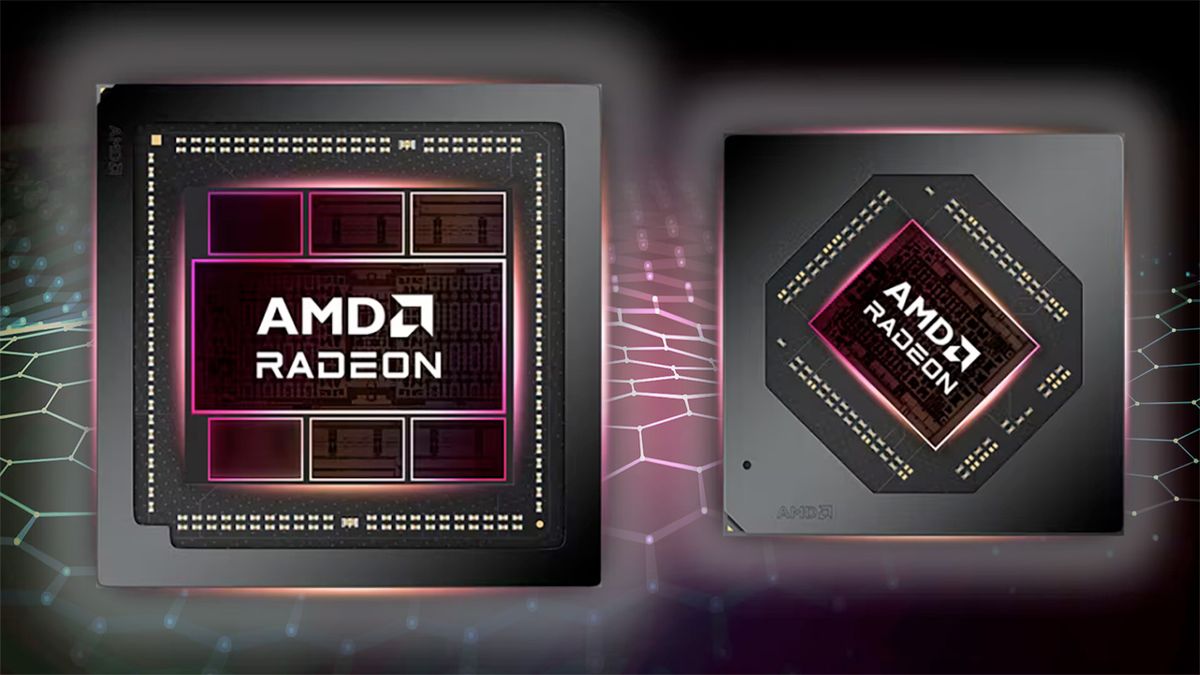Roads & PavementRoads & Pavement
Barefoot
Minimal
Low
Medium
High
Maximal
All around running shoes offer comfort and cushioning for daily runs, jogs, walks, and long mileage. They offer enough versatility for both faster and slower runs and are a great option for those who want one running shoe to do it all.
Fast run or uptempo running shoes are lightweight and responsive. They offer streamlined designs that have minimal uppers and offer a high level of energy return. These shoes are a great option for faster runs in the week or those looking for a livelier experience.
Max Cushion shoes offer premium cushioning with ample ground protection and a stable ride. These types of shoes provide abundant impact protection that softens landings while running at any pace or distance. These types of shoes are best for slower recovery runs and easy days where comfort takes priority.
Racing shoes are designed with optimal performance in mind. These types of shoes have snug-fitting uppers, energetic midsole foams, and features implemented for maximum efficiency. These types of shoes are best for runners looking to gain the ultimate advantage in races but may sacrifice some durability and comfort.
Gym Workout shoes offer a stable and versatile ride. They have a firmer underfoot feeling that provides stability for lateral movements with comfortable uppers. These types of shoes are best for trips to the gyms, cross training, casual wear, and light running. Mesa s Radeon Vulkan RADV driver for ray tracing updated to
Road running shoes feature smooth outsoles that are designed for running on paved surfaces such as roads, sidewalks, and bike paths.
Designed to handle most trail runs, these shoes prioritize comfort and a smooth ride. These shoes are great for anything from smooth singletrack, park trails, and fireroads making them ideal for those who run from their doorstep on streets before hitting the trail.
These shoes are best used for hard, rugged trails such as shale, granite or sandstone where grip on smooth surfaces and underfoot protection are important.
Designed for use in muddy, soggy conditions, these shoes feature very aggressive outsoles that dig deep into soft ground for exceptional traction.
These shoes feature technical outsoles designed to grip snowy and icy trails making them ideal for winter trail running.
Cushioning level, or stack height, refers to how much shoe is between your foot and the ground. For this category, we reference the amount of cushioning below the forefoot as the heel height will be equal to or greater than the forefoot height.
AMD releases RADEON Software 23.7.1 for Vulkan Overclocking
0-13mm. The Shoe generally does not have a midsole and feels like there is no cushioning. This shoe is all about feeling the ground underfoot.
14-18mm. The shoe has a thin midsole that allows for a natural running experience. Racing shoes and minimalist shoes are common here. These shoes offer a feeling of being connected to the road or trail.
19-23mm. The shoe has a slightly cushioned feel and may feature added cushioning technologies. Performance training shoes and some trail shoes are common here. These offer protection during footstrike but prioritize a lightweight, grounded experience.
24-28mm. These shoes have a stack height that fall near the middle of the spectrum.The shoes in this category are verstaile and great for all types of runs and distances.
29-34mm. The shoe has a thick midsole and ample cushioning. These shoes are highly protective and absorb more impact than the body.
35mm plus. The shoe has an extremely thick midsole and extra cushioning. The focus is on protection and soft foam underfoot with hardly any ground feel.
Neutral shoes support the foot through a normal range of arch collapse and generally do not have a built-in technology to correct movement.
Stability shoes are a great option for those who overpronate or need added support. These shoes help to limit the inward rolling motion of the ankle while running or walking and assist in guiding the foot straight through the gait cycle. AMDVLK vs. Mesa RADV Radeon Vulkan Driver Performance On Linux r
Product Details:
AMD s Radeon Vulkan Drivers Add Support for Ray Tracing on Older 2025, Vulkan ray tracing extension support in our latest AMD Radeon 2025, AMD Radeon Software Beta for Vulkan 16.15.2401.1001 Beta Download 2025, Radeon RX 7600 review Page 24 2025, AMD s Advanced Media Framework Adds Pro Vulkan Experimental RADV 2025, AMD s Radeon RX 7900M Tested in Geekbench 6 Faster Than RTX 4090 2025, AMDVLK vs. Mesa RADV Radeon Vulkan Driver Performance On Linux r 2025, AMD releases RADEON Software 23.7.1 for Vulkan Overclocking 2025, Mesa s Radeon Vulkan RADV driver for ray tracing updated to 2025, Open source AMD Radeon Vulkan Driver to begin support for NVIDIA DGCs 2025, Yuzu crashing when using AMD Vulkan 19 by okt04175 Yuzu 2025, RADEON RX460 DOOM Vulkan Benchmarks Better than OpenGL 2025, New AMD Radeon driver 23.7.1 adds Vulkan extensions 2025, Radeon 7900M trades blows with laptop RTX 4090 in Vulkan 2025, AMD Radeon RX 7900 XT and others are now Twice as Fast in Vulkan 2025, Enabling amdgpu on Fedora 31 for using Vulkan with R7 and R9 2025, Mesa s RADV Radeon Vulkan Driver Continues Outperforming AMDVLK 2025, AMD Radeon RX 7000 RDNA3 GPUs receive Vulkan 1.3 conformity 2025, AMD Radeon Software Adrenalin 22.2.1 Vulkan 1.3 UPDATE 2025, AMD extends Vulkan HDR support with new driver bundle bit tech 2025, AMD Vulkan API Enabled Radeon Beta Driver Launched 2025, Latest AMD Vulkan Driver 2025, AMD Open Source Driver for Vulkan AMD GPUOpen 2025, Mesa s Radeon Vulkan RADV driver for ray tracing updated to 2025, AMD RDNA2 Vulkan RADV vs. RADV NGGC vs. AMDVLK vs. PRO Driver 2025, AMD Vulkan Graphics Driver Adds Ray Tracing Support for Radeon RX 2025, Radeon RADV Driver Lands Vulkan Mesh Shader Support r Amd 2025, Upcoming AMD RADV 2025, AMD Simplified Vulkan API 2025, RADV Remains Competitive To AMD s Radeon Vulkan Windows Driver 2025, Mesa s RADV Radeon Vulkan Driver Continues Outperforming AMDVLK 2025, RADV Vulkan driver pushes towards full AMD RDNA 3 GFX11 GPU 2025, Phoronix Mesa RADV vs. AMDVLK Radeon Vulkan Performance For July 2025, AMD Radeon Adrenalin 2020 Edition 20.1.2 Released Vulkan 1.2.131 2025, AMD RADV Radeon Vulkan Drivers Extend Ray Tracing LBVH Support 2025, AMD Radeon RX 7000 RDNA3 GPUs receive Vulkan 1.3 conformity 2025, AMD upgrades its Vulkan support with Radeon Software 19.6.2 OC3D 2025, AMD officially drops Vulkan driver support for Polaris and Vega 2025, AMD Radeon Software Adrenalin 22.2.1 Vulkan 1.3 UPDATE 2025, AMD Boosts Radeon Vulkan 2025, Vulkan Graphics API AMD 2025, AMD Radeon GPUs Soar with RADV Vulkan by Agarapu Ramesh Jan 2025, AMD Adrenalin 18.3.3 Graphics Driver Released With Vulkan 1.1 2025, RADV 2025, AMD going heavy with Vulkan is a gamble that could help level 2025, Vulkan AMD GPUOpen 2025, Vulkan Graphics API AMD 2025, Vulkan AMD GPUOpen 2025, Vulkan AMD GPUOpen 2025, Vulkan Graphics API AMD 2025, Product Info:
Radeon vulkan 2025.
- Increased inherent stability
- Smooth transitions
- All day comfort
Model Number: SKU#7271990




